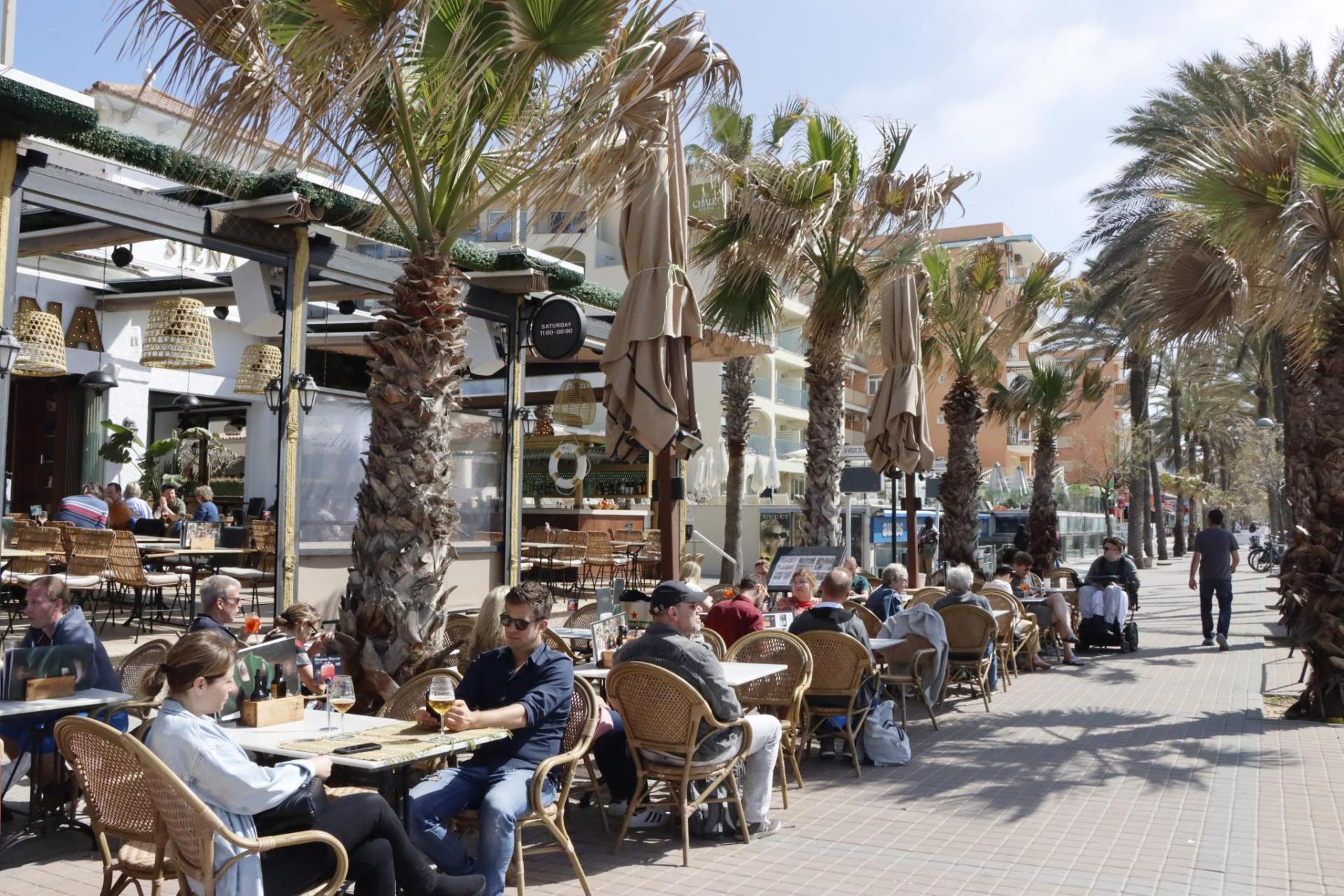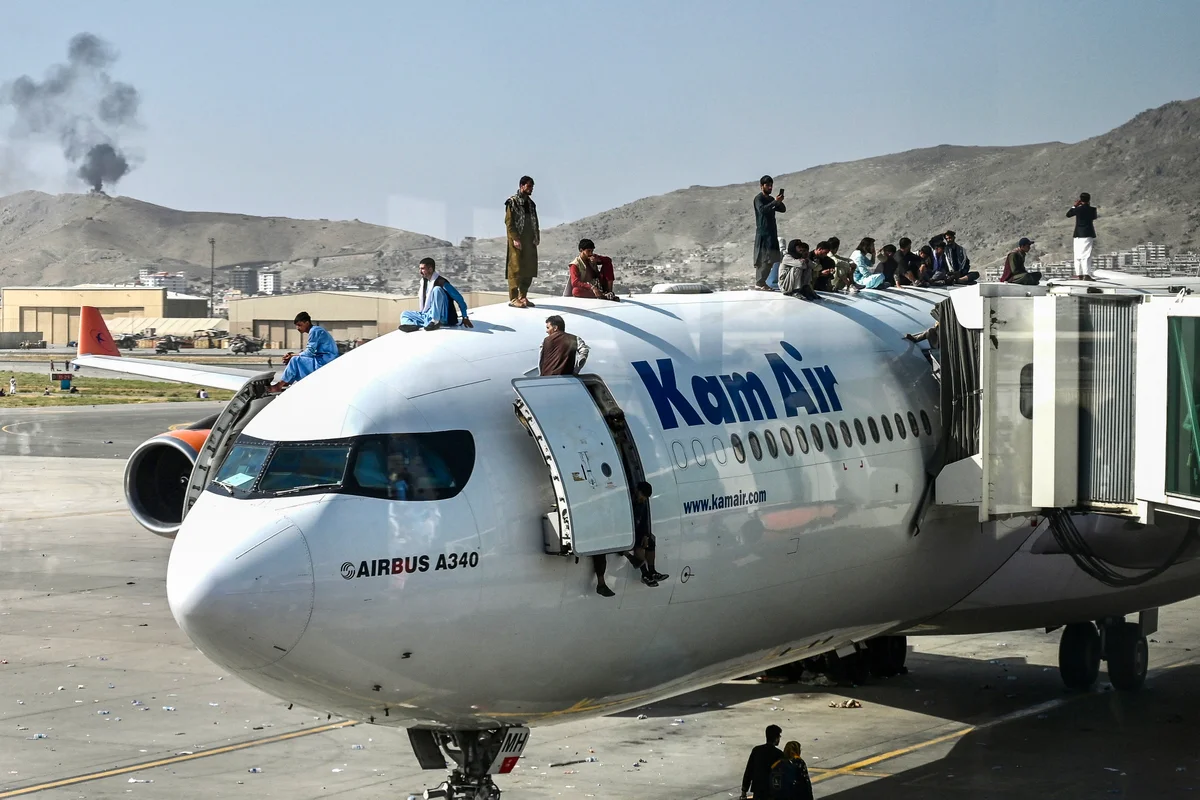Mallorca restaurants and nightlife hit back at the hoteliers: Tourists just don’t have the money
By Andrew Ede
Copyright majorcadailybulletin

Mallorca’s complementary sector has hit back at comments made by the Mallorca Hoteliers Federation’s executive vice-president, María José Aguiló, regarding quality, investment and pricing.
Earlier this week, Aguiló urged other parts of the tourism industry to raise their game by investing in higher standards. Highlighting hotels’ long-term investment and commitment to quality, she equated this with a “sound pricing policy”. “Customers know that if they are paying more, they expect quality service in return. Some parts of the industry meet that expectation, others don’t.”
Aguiló’s remarks were made in the context of a season marked by tourist numbers having shown a slight increase compared with 2024 (according to available figures up to July), by hotel occupancy having been around par, but by lower spending in the complementary sector, a trend that was already evident in 2024.
Miguel Pérez-Marsá, president of the ABONE nightlife association, insists that “the issue isn’t whether you renovate or not, it’s that people don’t have the money”. He argued that many establishments have made “greater investments than some hotels” but that the prices for travel and accommodation end up taking the lion’s share of tourists’ increasingly smaller budgets. “Nightlife and restaurants have also made their investments, but we are more fragmented.”
He adds that the season “has not been good”, worse than 2024 and far from what it was in 2023. The average spending per person has dropped and operating costs have increased.
In terms of costs, Pérez-Marsá points to the salary increase under the new collective bargaining agreement for the hospitality industry, negotiations for which, as ever, were led by the hoteliers federation and left the complementary sector feeling side-lined and having to accept what was eventually agreed.
The agreement was a 13.5% increase over three years – six per cent this year, four per cent in 2026, and 3.5% in 2027. “They (the hoteliers) signed an agreement with an increase in the first year that has affected us a lot.” This September, many clubs have had to close during the week and limit their opening to the weekends.
The president of the CAEB Restaurants Association, Juanmi Ferrer, shares Pérez-Marsá’s views and points to an additional factor – the problem of a “low-cost offer”. He is referring in particular to low-cost grocery stores. These harm everyone else and “devalue beach areas”. In addition, restaurants “have constant problems with terraces, regulations that don’t affect others, complaints from residents, etc.”.



